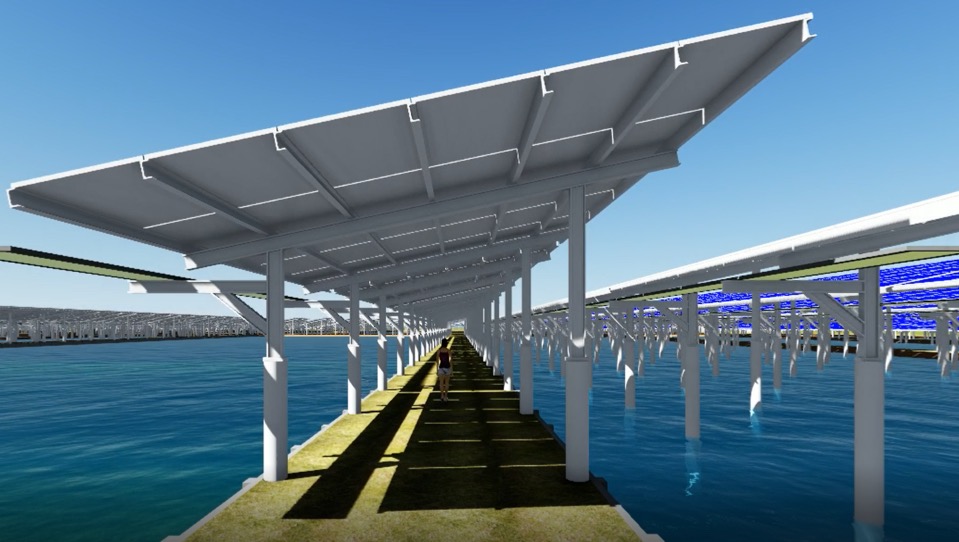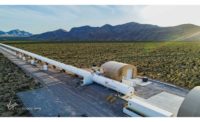Black & Veatch subsidiary Diode Ventures is helping Google develop its first renewable energy project in Asia, a unusual solar farm in Taiwan featuring 40,000 solar panels built above fish ponds.
Diode helped put the deal together, which brings in Black & Veatch to provide owner’s engineering and construction management; Taiwan’s New Green Power to handle engineering, procurement and construction, as well as operations and maintenance for the project; and Enfinite Capital, which will assist with financing and asset management skills.
Google is the first company to take advantage of a new law in Taiwan allowing non-utility companies to buy renewable energy directly from a project rather than a utility. The company has made more than 30 similar deals across North and South America and Europe. The roughly 10 MW of power from the project in Tainan City will help support a data center 100 km north of the solar projects.
“For Google, the solar purchase agreement provides a long-term and fixed electricity price to support our operations in Taiwan; it will also boost the carbon-free profile of our local data center,” wrote Marsden Hanna, senior lead for energy and infrastructure for Google in a company blog post. “In addition, it’s a step in the right direction for grid reliability and Taiwan’s broader energy supply mix, which the government wants to expand and make more renewable in the coming years.”
The project, which is part of a larger solar farm, will consist of solar panels built several feet above commercial fishing ponds so they won't interfere with fishing operations. The farmers will be paid for hosting the panels.
“Rising demand for zero-emission renewable energy continues to reshape power markets and traditional approaches to providing electricity services,” said Dave Leligdon, global director of Black & Veatch’s renewable energy group. “This project represents a critical first step in how companies operating in Taiwan are approaching sustainability goals as part of their long-term strategic growth plans.”
Construction is expected to start in the fourth quarter. The project’s cost was not made publicly available.




